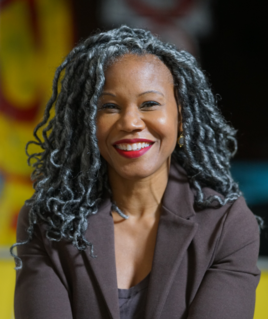A Quote by Simone Weil
A hurtful act is the transference to others of the degradation which we bear in ourselves.
Quote Topics
Related Quotes
... teaching cannot be a process of transference of knowledge from the one teaching to the learner. This is the mechanical transference from which results machinelike memorization, which I have already criticized. Critical study correlates with teaching that is equally critical, which necessarily demands a critical way of comprehending and of realizing the reading of the word and that of the world, the reading of text and of context.
The remarkable thing is that we really love our neighbor as ourselves: we do unto others as we do unto ourselves. We hate others when we hate ourselves. We are tolerant toward others when we tolerate ourselves. We forgive others when we forgive ourselves. We are prone to sacrifice others when we are ready to sacrifice ourselves.
Recently it was pointed out to me - in a kind of hurtful way, to be honest - that people in Los Angeles are aurally challenged. That is, at social events, we simply do not listen to others. We do not ask them questions about themselves, we do not nod attentively when they speak; really, if we were to examine ourselves, we would realize that we simply have no interest in others at all.
When we are really honest with ourselves we must admit that our lives are all that really belong to us, so it is how we use our lives that determines what kind of men we are. It is my deepest belief that only by giving life do we find life, that the truest act courage, the strongest act of manliness is to sacrifice ourselves for others in a totally non-violent struggle for justice. To be a man is to suffer for others, God help us to be men.
We need to regularly stop and take stock; to sit down and determine within ourselves which things are worth valuing and which things are not; which risks are worth the cost and which are not. Even the most confusing or hurtful aspects of life can be made more tolerable by clear seeing and by choice.
To see ourselves as others see us can be eye-opening. To see others as sharing a nature with ourselves is the merest decency. But it is from the far more difficult achievement of seeing ourselves amongst others, as a local example of the forms human life has locally taken, a case among cases, a world among worlds, that the largeness of mind, without which objectivity is self-congratulation and tolerance a sham, comes.
As Gandhi wisely points out, even as we serve others we are working on ourselves; every act, every word, every gesture of genuine compassion naturally nourishes our own hearts as well. It is not a question of who is healed first. When we attend to ourselves with compassion and mercy, more healing is made available for others. And when we serve others with an open and generous heart, great healing comes to us.







































